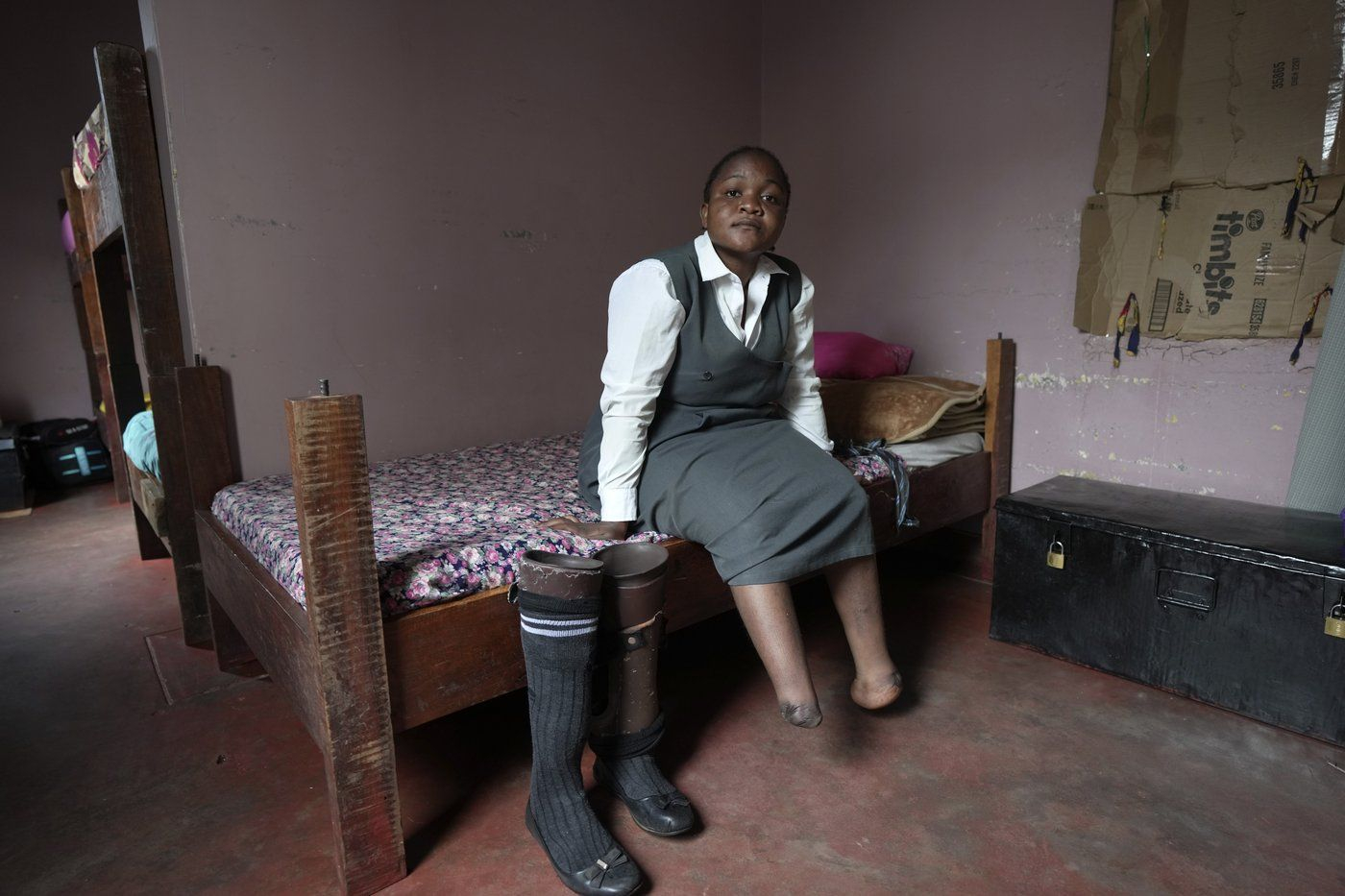Physical Address
Plot 123 Kampala, Uganda


Addressing climate change requires innovative approaches, particularly in education and community engagement. One effective method involves integrating sign language to ensure inclusivity and comprehensive understanding. In Zambia, Bridget Chanda, an 18-year-old, is making significant contributions to this effort. As a double amputee, she serves as a sign language interpreter at a school where students with special needs learn alongside their peers. Her commitment to learning sign language independently highlights her dedication to effective communication and education.
“When I first arrived, it was tough because I didn’t know sign language. Communicating with the students was very difficult. Over time, I realized I needed to learn sign language to help them better,” explained Bridget Chanda, a sign language interpreter and student.
Elizabeth Motale, a climate change activist and agripreneur, has been central to this initiative. She noted that Chanda’s efforts have been instrumental in educating special needs students about climate change, which has positively influenced the school community.
“I teach my community about climate change, especially how to conserve water during inconsistent rainfall. I faced challenges with signing, but Bridget always assists me during sessions, interpreting for the students,” said Elizabeth Motale, a climate change activist and agripreneur.
Although sign language is not officially recognized in Zambia, the government is working towards its recognition and has mandated that climate change education also be provided in sign language. This initiative is part of a broader effort by the Zambian government to address climate change through education. The southern African nation has suffered from more frequent extreme weather, including severe droughts, prompting the integration of more climate change education into the school curriculum.
“We still face challenges in effectively delivering information to those with special needs, especially the hearing impaired, without losing the message’s context. Additionally, in some communities, there is no one available to interpret this information,” said Helena Chandwe, a manager for female education and enterprise development.
In addition to her work with Elizabeth Motale, Chanda’s self-initiative in learning sign language has been crucial. “When I came, it was challenging for me, because by then I never knew sign language. So like it was very difficult for me to communicate with them. But as time goes on, I discovered I just have to know sign language so that I can be helping them in one or two things,” she shared.
Through her dedication, Chanda not only aids her fellow students but also contributes to a larger movement of climate education and advocacy in Zambia. Her story highlights the intersection of education, disability inclusion, and climate action, showcasing the impact one individual can have on their community.